Nobody intends to be disengaged. A report by the Conference Board shows that 96% of employees “actively try to maintain a high level of engagement, even if many of them struggle to succeed.” Few people genuinely have poor work ethic. Sometimes, the work environment doesn’t best suit their abilities. Although top performers always seem to excel that does not mean that less efficient employees lack the ability to deliver great work. They may just not be working in the right circumstances.
Understanding engagement is relatively simple. Workers who are proud of their progress, have achievable goals, and enjoy the work they do are bound to be successful and engaged. Managers tend to view motivation as something employees should bring to work. You either have it or you don’t. Some research even supports this. 50% of variability in engagement could be predicted by personality. Generally, optimistic and hardworking individuals tend to show more satisfaction with their careers. What’s more, designing a team consisting of members with complementary personalities and skillsets inspires progress and increases employee satisfaction.
However, hiring too many similar people could cause a business to plateau. Operating under the same strategies for too long restricts the ability to spot flaws within the business structure, prevents progress, and potentially wastes resources. Developing what’s called cognitive diversity establishes the potential to highlight key areas of inefficiency and creates new strategies to overcome them. Developing teams with different work styles creates the potential to develop unique solutions that differentiate the company from competitors and enables success. That is not to say that just anyone is the right fit for the team. Hiring people with compatible work styles best equips a team to work effectively.

Holland’s Hexagon maps out the six key personality types as they relate to work. Adjacent personality types tend to be most compatible.
Holland’s Theory of Vocation Choice, developed by late psychologist and sociologist John Holland, highlights six key personality types and their ideal career routes. The list of personality types includes: realistic, investigative, artistic, social, enterprising, and conventional. Holland additionally created a hexagonal model on which each personality type is placed between the two personality types that is most compatible with. For instance, those with the enterprising personality type tend create the most change through their abilities to influence and persuade, so they prefer working with social and conventional people who are open to new perspectives and follow through on instructions. Teams consisting of members who complement each other’s skillsets and personalities are bound to be the most productive. Homogeneous teams, on the other hand, lack differences in perspective and consequently stagnate.
Employee engagement as a means to increase productivity relies on cognitive diversity to highlight key areas of inefficiency. A team of workers with varied skillsets, experiences, and perspectives enables progress and differentiation. Cognitive diversity creates the potential for one teammate to point out flaws that others may not realize. Successful businesses are always open to change and development. Hiring a team that could simultaneously satisfy the company culture while offering solutions to inefficiencies is key to business success. Improving employee engagement and increasing productivity doesn’t stop there. From rewards, travel incentives, and recognition programs there are a number of ways to maintain an active, effective workforce. For more on influencing business success through employee engagement solutions click here.



